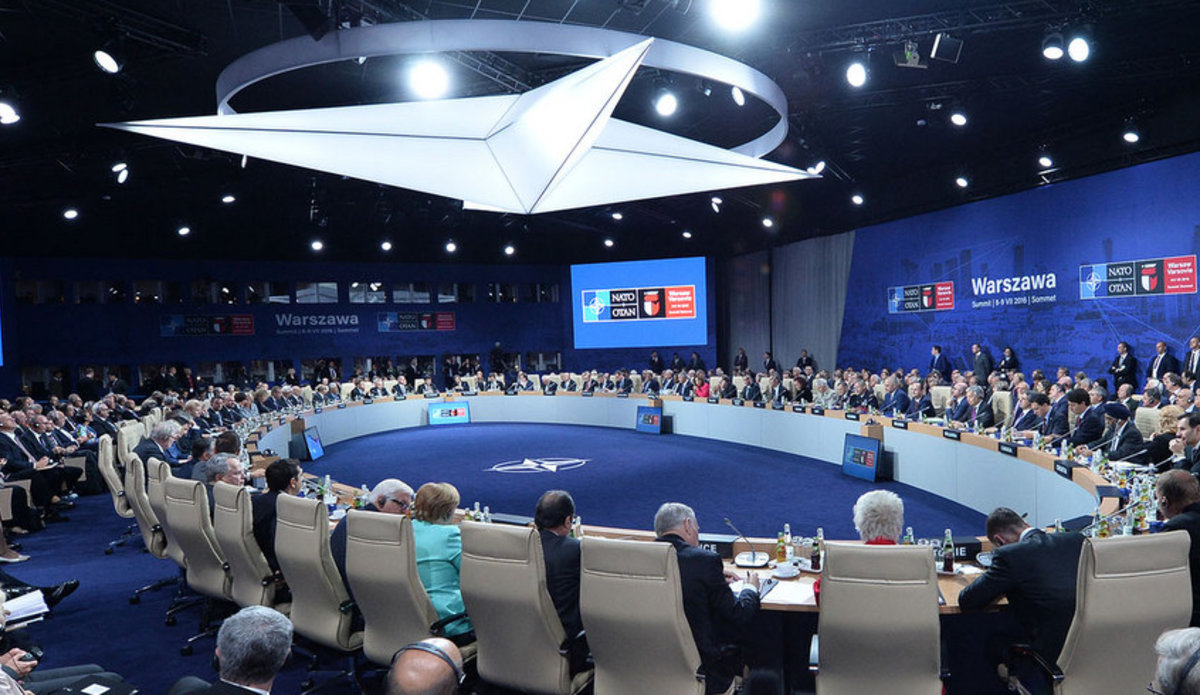UN stresses continued support to Afghan people at Warsaw summit
WARSAW - The United Nations underscored its commitment to Afghanistan, highlighting the importance of the government’s reforms in the interest of achieving a more stable and prosperous future for the country.
Speaking on behalf of the United Nations at the NATO Summit in Warsaw, Poland, the UN Under-Secretary-General for Political Affairs, Jeffrey Feltman, called the government’s reform initiatives “critical.”
Mr. Feltman went on to say that the UN will continue to support the government’s efforts to protect the country’s people, and to persuade all parties to the conflict to abide by their obligations.
The UN envoy welcomed the recent discussions in Kabul between the government, the Afghan National Defence and Security Forces, the Afghanistan Independent Human Rights Commission, and the NATO Resolute Support Mission on the prevention and mitigation of civilian casualties.
“I encourage continued international support for national efforts to finalize and implement the National Civilian Casualties Prevention and Mitigation Policy,” said the UN diplomat. “You can count on the engagement of the United Nations in this critical area as part of our commitment to Afghanistan.”
Leaders of NATO countries at the two-day conference agreed to continue their support to Afghanistan beyond 2016, confirming funding commitments for the Afghan forces until 2020.
More than 20 different UN entities are present in Afghanistan, working to support the Afghan government’s priorities through a broad spectrum of development and humanitarian activities, including through support for development planning, resource mobilization, and coordination of international donors and organizations.
The UN Assistance Mission in Afghanistan (UNAMA) is mandated to support the Afghan Government and the people of Afghanistan as a political mission that provides good offices; promotes coherent development support by the international community; supports the process of peace and reconciliation; monitors and promotes human rights and the protection of civilians in armed conflict; promotes good governance; and encourages regional cooperation.
 UN
UN







